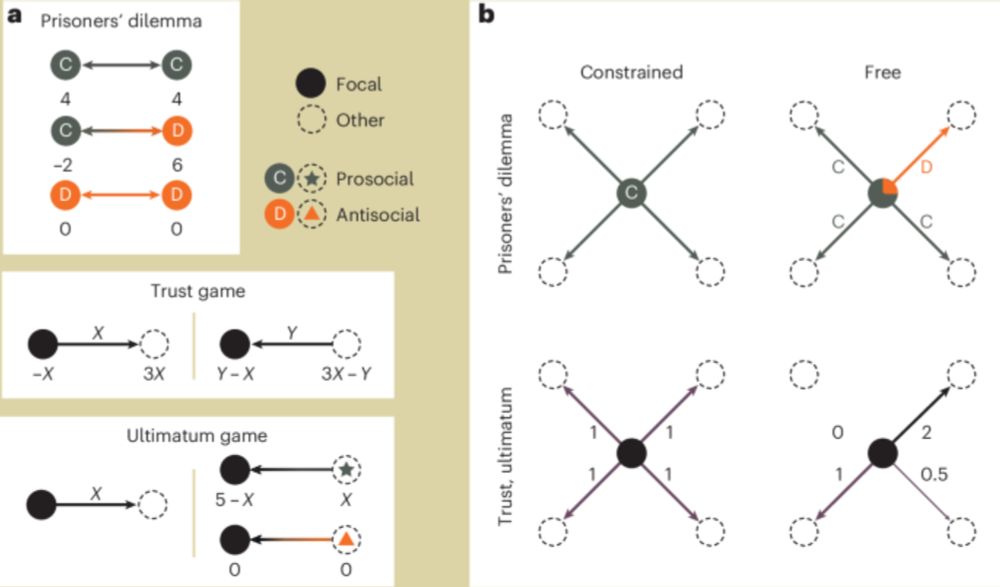Qinyu Xiao
@qinyuxiao.bsky.social
570 followers
730 following
40 posts
PhD candidate in behavioural science at the University of Vienna (@univie.ac.at @vdscobene.bsky.social). I study human cooperation, conflict, and social institutions.
https://qinyuxiao.github.io
https://social-econ-psych.univie.ac.at/team/qinyu-xiao
Posts
Media
Videos
Starter Packs
Reposted by Qinyu Xiao
Reposted by Qinyu Xiao
Reposted by Qinyu Xiao
Reposted by Qinyu Xiao
Reposted by Qinyu Xiao
Reposted by Qinyu Xiao
Reposted by Qinyu Xiao
Qinyu Xiao
@qinyuxiao.bsky.social
· Aug 28
Qinyu Xiao
@qinyuxiao.bsky.social
· Aug 28
Qinyu Xiao
@qinyuxiao.bsky.social
· Aug 28
Reposted by Qinyu Xiao
Reposted by Qinyu Xiao
Simon Columbus
@simoncolumbus.bsky.social
· Aug 20
Reposted by Qinyu Xiao

















